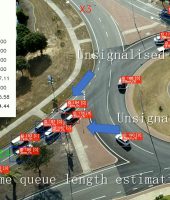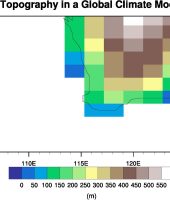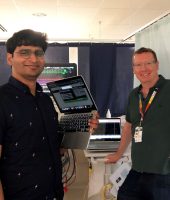Quantum: Furthering space exploration with edge devices
Cloud computing, wireless access points and virtual private networks (VPNs) are just three examples of edge computing devices that have become mainstream technologies.
However, edge technology does not yet have the computational ability necessary to handle complex algorithms, limiting the application of mainstream edge computing devices for heavy-duty computing.
Quantum computing could change that. As part of the Quantum Pioneers Program, Pawsey is partnering with Quantum Brilliance to enable industry and research teams to explore the possibilities of Quantum computing.
One organisation in the program is Trellis Data, an Australian company democratising machine learning (ML) and artificial intelligence (AI). The company’s machine learning platform, the Trellis Intelligence Platform, enables users to accomplish the complex task of designing, training and testing a deep neural network.
The collaboration between Pawsey, Quantum Brilliance and Trellis Data is exploring whether Trellis’ post-processing algorithms, which due to their computational complexities must make trade-offs between speed and accuracy when applied at the edge, can be improved by quantum algorithms. Pawsey’s supercomputers can speed up the prototyping of algorithms via simulations and deliver feedback faster to researchers, while also validating QB’s room-temperature diamond quantum hardware.
Quantum Brilliance is working to accelerate Trellis’ Intelligence Platform’s state-of-the-art speech transcription using quantum computers. Pawsey’s infrastructure simulates the advanced quantum algorithms that may replace the final post-processing in Trellis’ Connectionist Temporal Classification (CTC) decoder, to turn neural network outputs into the transcript that users are looking for. If successful, it will demonstrate the potential power of quantum computing and put once-unthinkable algorithms such as large unordered search within reach within reach of edge computing.
Project Leader.







